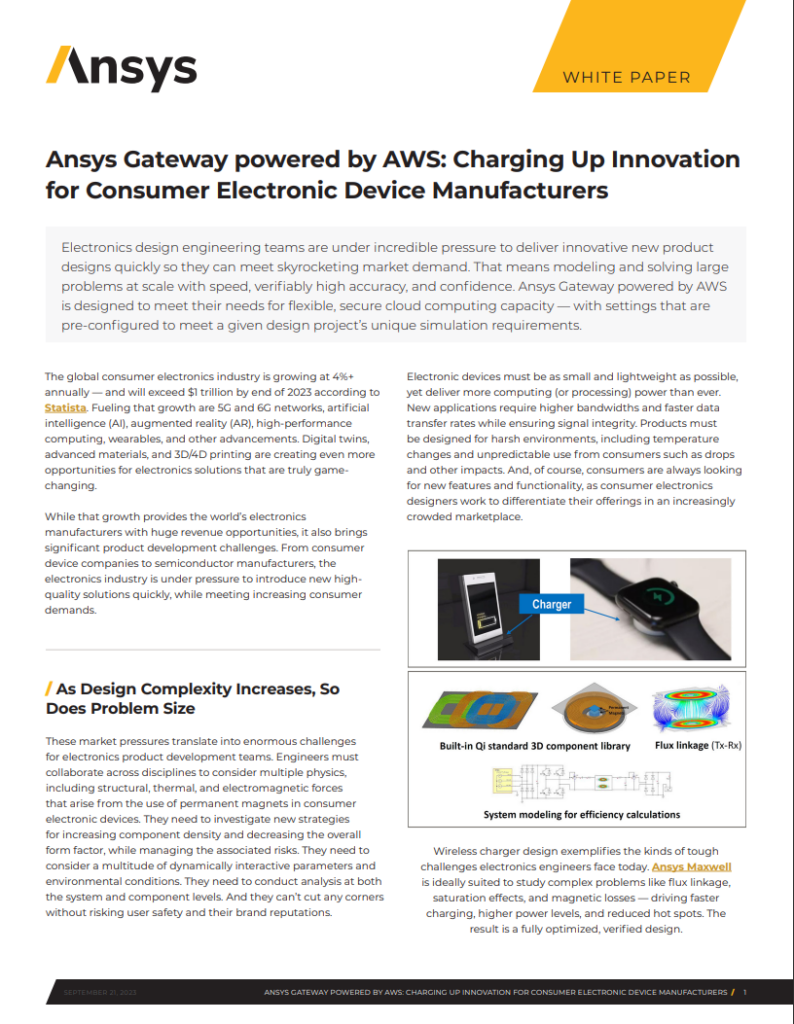Félix-Antoine Fortin from Compute Canada gave this talk at FOSDEM 2020. “Magic Castle uses the open-source software Terraform and HashiCorp Language (HCL) to define the virtual machines, volumes, and networks that are required to replicate a virtual HPC infrastructure. In this talk, we will give a live demonstration of the creation of a cluster.”
Singularity: The Inner Workings of Securely Running User Containers on HPC Systems
Michael Bauer from Sylabs gave this talk at FOSDEM’17. “This presentation will provide an in-depth look at how Singularity is able to securely run user containers on HPC systems. After a brief introduction to Singularity and its relationship to other container solutions, the details of Singularity’s runtime will be explored. The way that Singularity leverages Linux features such as namespaces, bind mounts, and SUID binaries will be discussed in further detail as well.”
Video: The Marriage of Cloud, HPC and Containers
Adam Huffman from the Francis Crick Institute gave this talk at FOSDEM’17. “We will present experiences of supporting HPC/HTC workloads on private cloud resources, with ideas for how to do this better and description of trends for non-traditionalHPC resource provision. I will discuss my work as part of the Operations Team for the eMedLab private cloud, which is a large-scale (6000-core, 5PB)biomedical research cloud using HPC hardware, aiming to support HPC workloads.”
Binary Packaging for HPC with Spack
Todd Gamblin from LLNL gave this talk at FOSDEM’18. “This talk will introduce binary packaging in Spack and some of the open infrastructure we have planned for distributing packages. We’ll talk about challenges to providing binaries for a combinatorially large package ecosystem, and what we’re doing in Spack to address these problems. We’ll also talk about challenges for implementing relocatable binaries with a multi-compiler system like Spack. “







